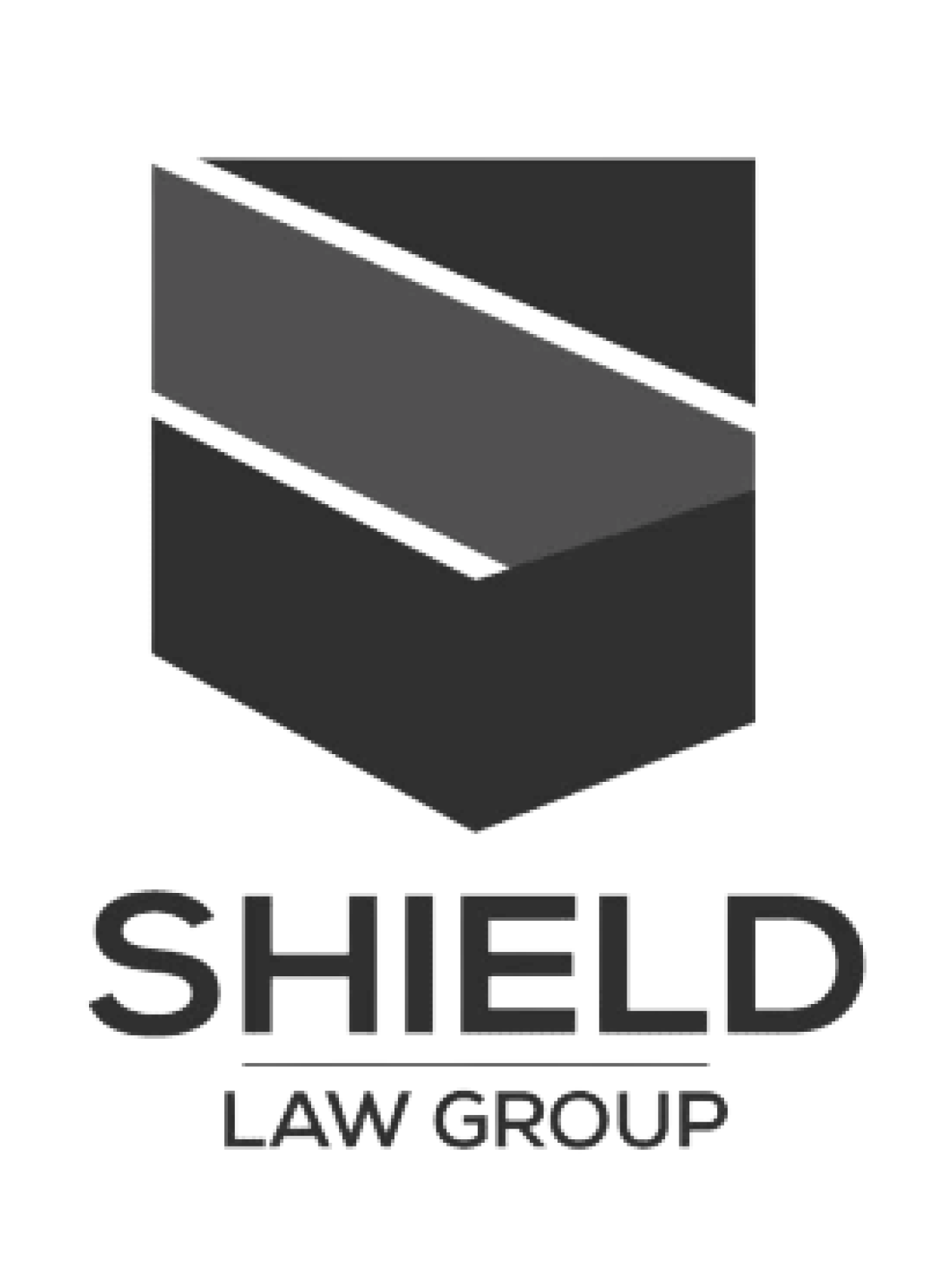Student Loans
Student loans are financial obligations taken on by students to fund higher education expenses. Understanding the complexities of student loans is essential for managing repayment and navigating potential challenges. At Shield Law Group, APLC, based in Los Angeles, we provide expertise in guiding clients through the intricacies of student loan issues to achieve financial stability.
What You Need To Know About Student Loans
Student loans come in two primary categories: federal student loans, funded by the government, and private student loans, offered by banks and other private lenders. These loans accrue interest from the time they are taken out, with repayment typically starting after graduation, withdrawal from school, or when enrollment drops below half-time status.
Federal student loans include Direct Subsidized Loans, Direct Unsubsidized Loans, and PLUS Loans, each with specific terms and eligibility criteria. Private student loans, on the other hand, vary widely depending on the lender, offering different interest rates, repayment plans, and borrower protections.
Repayment options for federal student loans encompass a range of plans such as Standard Repayment, Income-Driven Repayment (IDR), and Graduated Repayment, allowing borrowers flexibility based on their financial circumstances. Private student loans may offer different repayment terms and plans tailored to the lender's policies. Additionally, borrowers facing economic hardship or returning to further education may qualify for deferment or forbearance, temporarily suspending or reducing loan payments until they can resume regular payments.
Frequently Asked Questions
Student Loans
How can I lower my student loan payments?
You can lower your federal student loan payments by enrolling in an Income-Driven Repayment (IDR) plan, which adjusts your monthly payments based on your income and family size. Private student loans may offer refinancing options or extended repayment terms to lower monthly payments.
What are the consequences of defaulting on student loans?
Defaulting on student loans can result in serious consequences, including damage to credit scores, wage garnishment, loss of eligibility for future financial aid, and potential legal actions by lenders or debt collectors.
Can student loans be discharged in bankruptcy?
Discharging student loans in bankruptcy is challenging and requires demonstrating undue hardship through an adversary proceeding. It typically involves proving that repayment would cause significant financial hardship that persists for a substantial portion of the repayment period.

